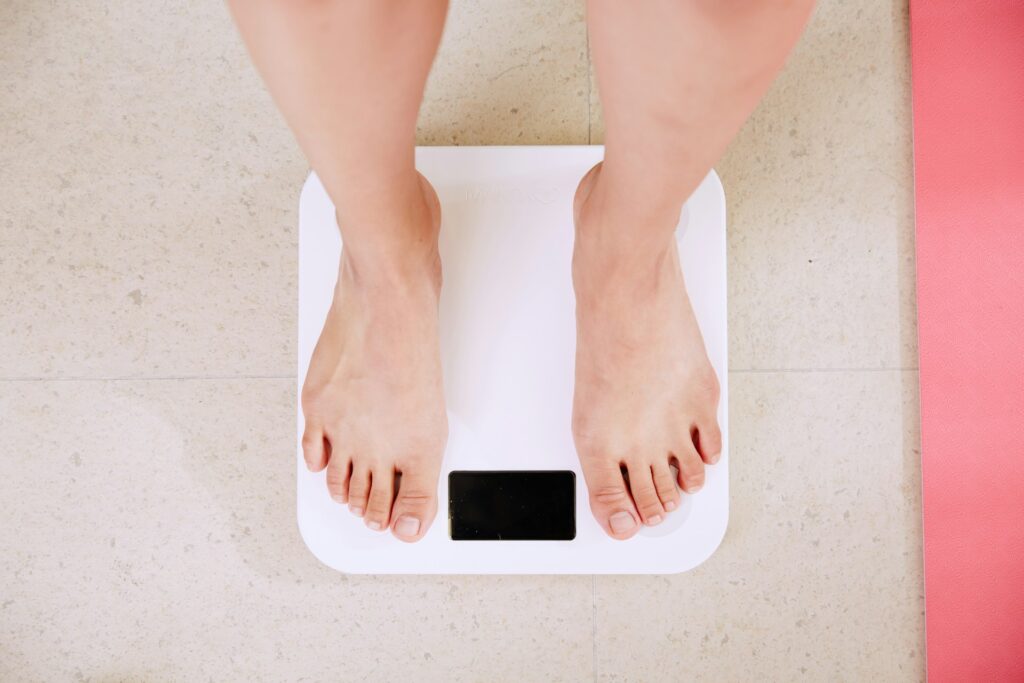Weight loss is a concern for most adults. Sedentary lifestyles and processed foods have predisposed most people to weight gain. As such, they are at risk of conditions such as diabetes, osteoarthritis, fatty liver disease, stroke, and kidney disease. Being overweight affects one’s quality of life since they experience challenges executing various tasks. There are different remedies to lose weight. This extract answers the age-old question; does healthy weight loss for adults exist? It offers some insights into viable, healthy weight loss interventions for adults.
Balanced Diet
A balanced diet is probably the easiest way to lose weight. So, what is a balanced diet? It contains all the food groups the body needs to stay healthy. If you are on a weight loss journey, you must comprehend the work of each food group. For instance, vitamins and minerals aid metabolism, support growth and boost the immune system. On the other hand, proteins support growth, aid in tissue repair, transport nutrients, and facilitate biochemical reactions. Carbohydrates provide energy and support metabolism.
Suppose you take a balanced diet; how is it that you would gain weight? It all lies in how the body synthesizes the nutrients you take. High carbohydrate intake, in particular, causes weight gain. Your body quickly digests, which means you feel hungry more often. As such, you could find yourself overeating. Moreover, high carbohydrate intake triggers the pancreas to produce insulin to lower the blood sugar. In the process, the insulin converts carbohydrates to fats stored in the body. As a result, you gain weight. If you wish to lose weight, avoid high-carb processed foods. Instead, take fruits and whole grains to meet your body’s carb requirements.
Regular Exercise
Regular physical exercise is one of the easiest way to burn fats and lose weight. Nevertheless, not all exercises will lead to weight loss. For example, bench presses could cause an increase in your muscle mass. Consider walking, cycling, swimming, jogging, aerobics, and yoga to lose weight. You must be consistent.

Therefore, the best approach would be to choose an exercise you enjoy or one that fits your lifestyle. For instance, you could join a local cycling group to ensure you enjoy the exercise. Alternatively, you could swim if you have a pool at home. If you have not exercised for long, the best approach is to start slowly. It gives your body time to adapt to your new lifestyle. Rewarding yourself can also help you stick to your workout routine. For example, you could visit the spa after a long hike.
Adequate Sleep
Adequate sleep is an essential element of your weight loss journey. Neurotransmitters regulate your appetite. If you do not get sufficient sleep, these transmitters could signal a feeling of hunger, prompting you to consume more calories than you need. Some studies have shown that sleep-deprived individuals prefer high-calorie foods. Your body’s metabolism slows down when you sleep. Sleep deprivation disrupts the body’s circadian rhythm, causing increased metabolism that could prompt feelings of hunger. Inadequate sleep could leave your body feeling fatigued. Consequently, you might not have the will or energy to exercise. Therefore, you could gain weight.
Set Realistic Goals For A Gradual Weight Loss
Most people fail to lose weight since they set unrealistic goals. Typically, you cannot lose a lot of weight in a short period. When setting your weight loss goals, start by examining the food portions you take daily. The average adult female needs 2,000 calories, while a man needs 2,500 calories daily. Experts recommend reducing this calorie intake by at least 600kcal daily to lose weight successfully. Below are some tips to help you set realistic weight loss goals.
- Use a scale to determine the weight lost over a specified period. You are likely to drastically lose weight at first. However, the weight loss rate reduces after a while.
- Consider mindful eating. Eat what your body needs, not what it wants. Emotional eating and eating in groups could predispose you to consuming more calories.
- Keep track of your weekly diet to establish which foods guarantee gradual weight loss. Remember, what works for someone else might not work for you.
- Integrate technology. You will find many apps that make it easier to regulate your diet and abide by your other lifestyle changes.
It would be worthwhile to visit a doctor before starting your healthy weight loss journey. The professional conducts thorough assessments to determine whether you have pre-existing medical conditions that could predispose your body to gain weight. For instance, some adults suffer from human growth hormone (HGH) deficiency. The hormone promotes healthy muscle and regulates the body fat storage around the stomach area.

A growth hormone deficiency can lead to weight gain in adults since the body stores too much fat around the stomach. If this is your case, the doctor recommends growth hormone for fat loss. The hormone breaks down fat and increases your muscle mass. However, do not forego other healthy weight loss initiatives when taking growth hormone drugs. A healthy lifestyle should help you regulate your weight even when your HGH levels are within normal levels. Do not be tempted to take HGH without a doctor’s prescription. HGH abuse could cause severe complications like muscle pain, numbness, and fluid retention.
Healthy interventions like eating a balanced diet, regular exercise, getting adequate sleep, and setting realistic weight loss goals can help you lose weight. Nevertheless, visit your doctor to establish if you have conditions that could cause drastic weight gain. However, do not use medical treatments to supplement healthy weight loss interventions. Patience is at the heart of a successful weight loss journey. Remember, healthy living is a lifestyle.
